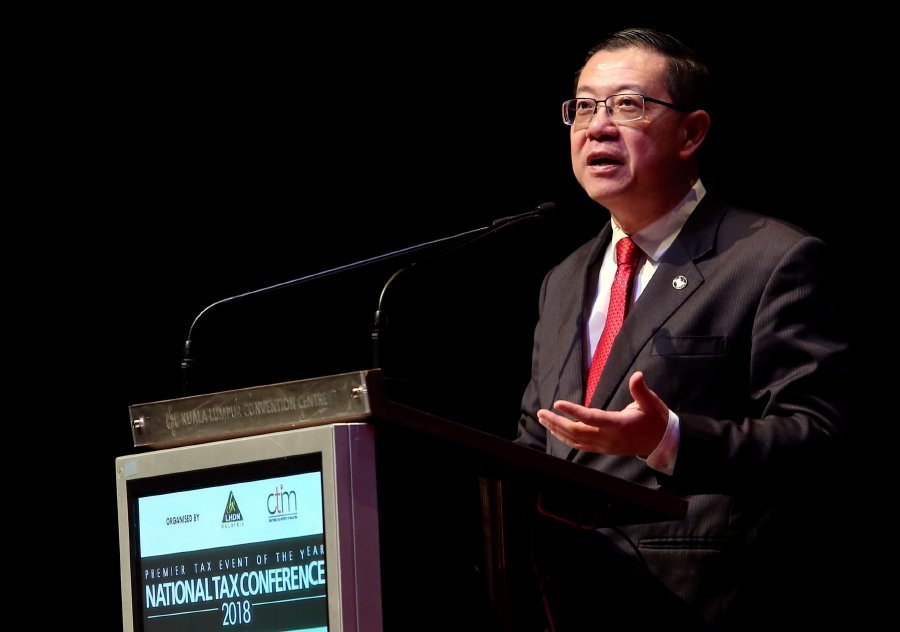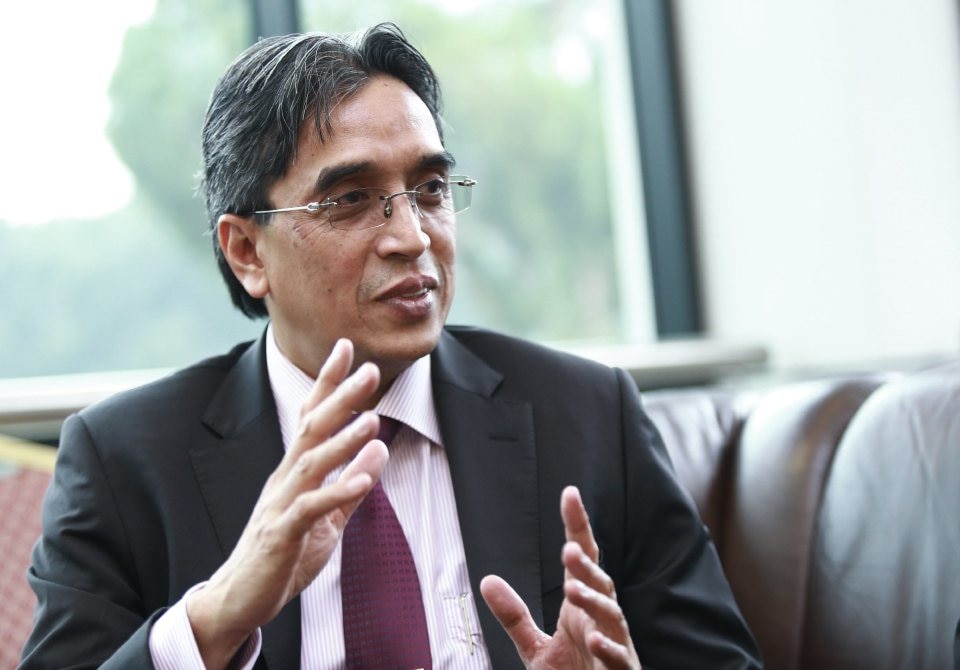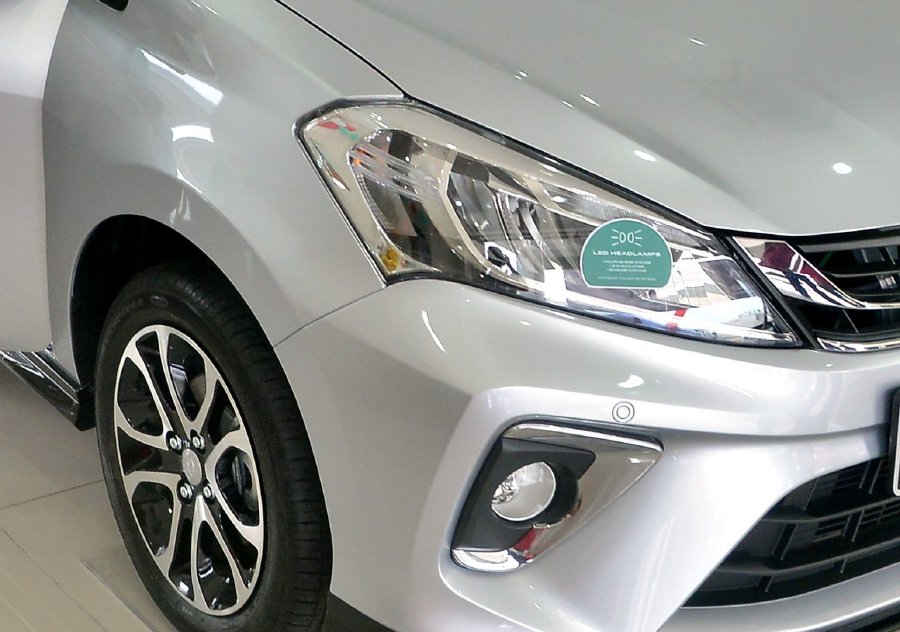Will Re-Implementation Of SST Increase The Price Of Goods? Here's What Experts Have To Say
The SST will be set at 10% and 6% for sales and services respectively.
Finance Minister Lim Guan Eng revealed yesterday, 16 July, that the sales and services tax (SST) will be set at 10% for sales and 6% for services come September
During his keynote address at the National Tax Conference 2018 yesterday, Guan Eng said the SST is projected to generate about RM4 billion in revenue.
Pairing with rising crude oil prices and extra dividends from government-linked companies, Guan Eng said the government would bring in an extra RM14.4 billion this year to compensate for the losses following the zero-rating of the Goods and Services Tax (GST), theSun reported.
"To fill the gap left by the GST, the ministry has identified RM10 billion worth of expenditure savings," he said.
These savings include postponing huge projects and downsizing non-urgent programmes, the minister revealed
Some of which resulted in reducing the final cost of the LRT3 project by 47%, or RM15 billion.
He also hoped that companies will be responsible by paying taxes on time, saying that taxes not only help to improve the country's infrastructure, but it also serves to reduce "inequality that exists in the society".
"And while we impose taxes, we also do not want to tax you to death, but we hope that you are able to pay these taxes to help us save the country," he said as quoted by The Star Online.
In response, Malaysian Association of Tax Accountants (MATA) president Datuk Abd Aziz Abu Bakar is forecasting prices of goods to increase when SST kicks in
Speaking to Harian Metro, he said the rates reintroduced by the government is not new as it had been imposed previously.
"Prices are expected to rise, given that goods will be subjected to rates identical to the ones introduced before," he told the Malay daily.
"When prices rise, that will fall off from Pakatan Harapan's manifesto to bring down the cost of living by abolishing GST."
Back in May, Malaysian Automotive Association (MAA) president Datuk Aishah Ahmad also hinted that prices of automobiles may see an increase following the implementation of SST
"Before GST was implemented, SST was 10%. If we consider this figure, we expect the prices of vehicles to increase, post-SST. This is an easy estimate if the rate is the same," she told New Straits Times.
However, local carmaker Perodua was unable to confirm if the prices of its vehicles would go up or down when SST is implemented as it needed to discuss with stakeholders before making any decisions.
Meanwhile, the Malaysian Tax Research Foundation is hopeful that SST will bring down the cost of living, although savings are expected to be marginal
SM Thanneermalai, the chairman of the board of trustees at the Malaysian Tax Research Foundation said the scope of the SST might be broadened to bring in more revenue.
He told The Edge Markets, "Sales tax is a bit more confined to manufacturing companies as it is a single stage tax. Normally, the manufacturer charges the sales tax at the last point of the transaction – when he sells to the wholesaler or retailer. So, the consumer will not see it in the bill as it is included indirectly."
Assistant Minister of Entrepreneur and Small, Medium Enterprise (SME) Development Datuk Naroden Majais was adamant that prices of goods and services will continue to inflate as long as there is a tax system in place
"We really hope that by abolishing GST and replacing it with SST, this will help improve the price of goods in Malaysia especially after the 14th general election.
"But whatever it is, any additional cost will add to the increase of price of goods including taxes whether it is GST or SST. One thing’s for sure, both will increase the price of goods unless we do away with it," Naroden told The Borneo Post




